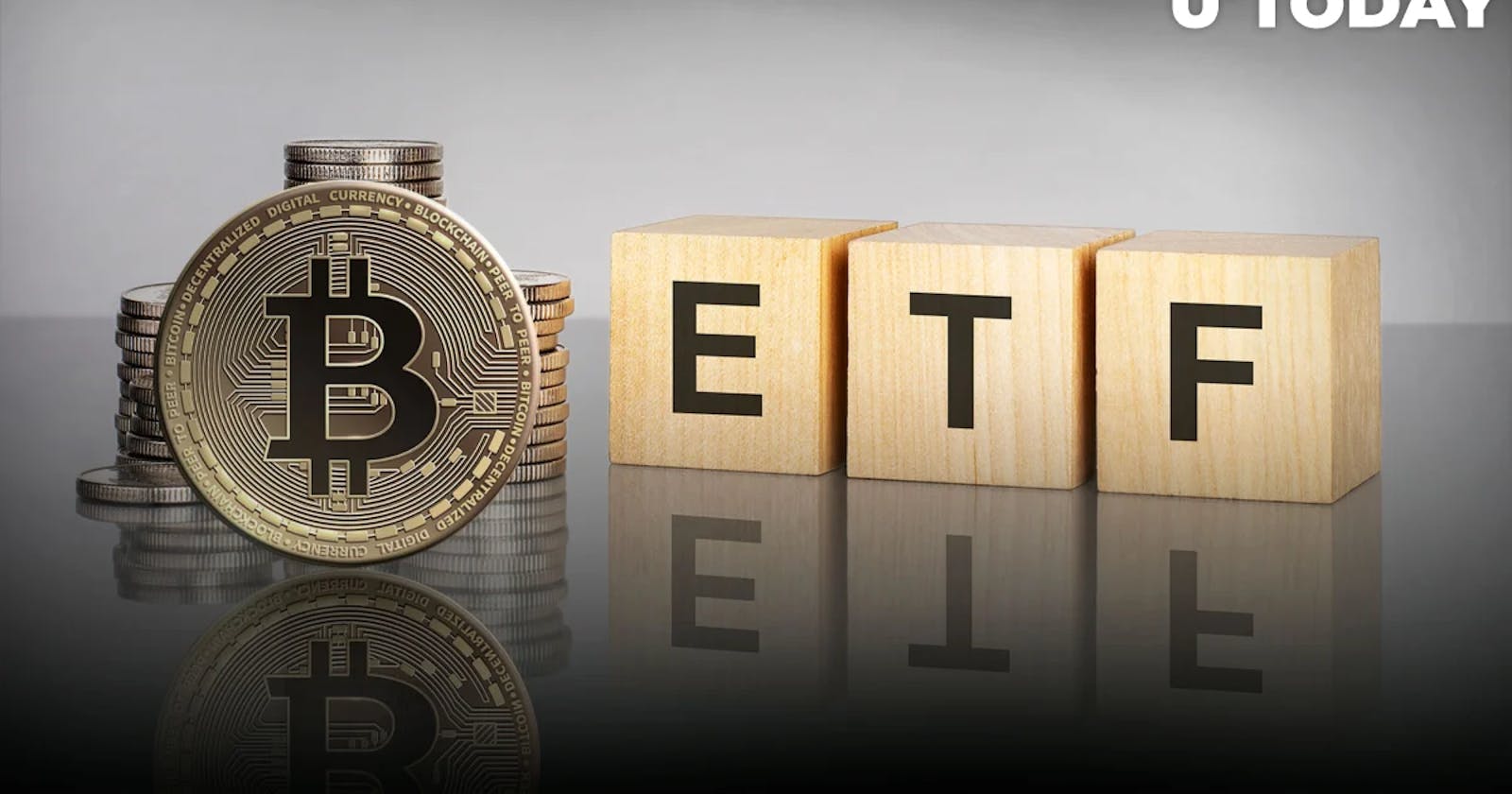Are you part of the 1% that knows about Bitcoin, ETF, or even Bitcoin halving? Or Not.
If you are like me, you will most likely have many questions about this. Who is the SEC, what is ETF, and, of course, you might want to know what Bitcoin is doing with all these.
Bitcoin is a decentralized digital currency that was created in 2009. It is the first and most well-known cryptocurrency operating on blockchain technology.
Bitcoin is designed to function as a peer-to-peer electronic cash system, allowing users to send and receive payments directly without the need for intermediaries like banks, and this approval is exciting news for all investors.
Securities and Exchange Commission (SEC)
The Securities and Exchange Commission oversees securities exchanges, securities brokers and dealers, investment advisors, and mutual funds to promote fair dealing, the disclosure of important market information, and to prevent fraud. So basically, they are in charge of approving this cryptocurrency to be a part of the fund.
Exchange-Traded Funds (ETFs)
ETFs, or Exchange-Traded Funds, are investment funds traded on stock exchanges, similar to individual stocks. They are designed to track the performance of a specific index, sector, commodity, or asset class. ETFs offer investors a way to gain exposure to a diversified portfolio of assets without buying each security separately.
What is Bitcoin ETF?
It is a fund that holds Bitcoin for investors. Bitcoin ETFs, or Bitcoin Exchange-Traded Funds, are investment funds that track the price of Bitcoin. These ETFs allow investors to gain exposure to Bitcoin without owning it.
Instead of owning and securely storing Bitcoin, investors can buy shares or units of the ETF, representing a fractional ownership of the underlying Bitcoin held by the fund. This way, you don't need to endure the stress of using a crypto exchange.
The primary advantage of Bitcoin ETFs is that they provide a more accessible and regulated way for investors to invest in Bitcoin. Traditional investors who may be hesitant to buy, store, and manage Bitcoin directly due to security concerns or regulatory uncertainties can instead invest in Bitcoin ETFs through their brokerage accounts.
This allows for greater participation in the potential returns of Bitcoin without the complexities and risks associated with owning and managing the cryptocurrency themselves.
Bitcoin ETFs also introduce liquidity and convenience. Similar to other ETFs, Bitcoin ETFs can be bought and sold on stock exchanges, allowing investors to enter or exit their positions at any time during market hours.
This liquidity enhances the tradability and ease of investing in Bitcoin for individual and institutional investors.
What difference does it make to Investors and Traders?

✅ Accessibility: Bitcoin ETFs provide a more accessible way for investors and traders to gain exposure to Bitcoin. Instead of buying and storing Bitcoin directly, which requires technical know-how and security measures, investors can simply purchase shares or units of the ETF through their brokerage accounts. This accessibility opens Bitcoin investment to a broader range of individuals and institutions.
✅ Regulatory Framework: Bitcoin ETFs operate within a regulatory framework overseen by financial authorities, such as the SEC. This regulatory oversight can give investors and traders greater security and confidence in the investment product. It also ensures that the ETF complies with relevant regulations, such as anti-money laundering (AML) and know-your-customer (KYC) requirements, which can help mitigate risks associated with illicit activities.
✅Liquidity: Bitcoin ETFs trade on traditional stock exchanges, which offer liquidity and ease of trading. This means that investors and traders can buy or sell shares of the ETF throughout the trading day at market prices. The ability to enter or exit positions quickly and easily provides flexibility and liquidity, which may be particularly important for active traders and those who want to take advantage of short-term price movements.
✅Risk Management: Investing in Bitcoin ETFs can provide investors and traders with a level of risk management. By buying shares of an ETF representing a diversified portfolio of Bitcoin holdings, investors can spread their risk across multiple Bitcoin assets. This diversification can help mitigate the risk associated with holding a single cryptocurrency, as the performance of the ETF is not solely reliant on the price of one specific Bitcoin.
✅ Familiar Investment Vehicle: Bitcoin ETFs are structured similarly to traditional ETFs, already widely used by investors and traders. This familiarity makes it easier for individuals and institutions to incorporate Bitcoin into their investment portfolios without learning new platforms or processes. It also allows for easier integrating Bitcoin investments with existing investment strategies and tools.
Potential drawbacks and risks
Like every investment, potential investors need to conduct thorough research, understand the risks involved, and carefully evaluate the specific Bitcoin ETF and its associated risks before making investment decisions.
These are potential risk associated to this new and exciting development;
💥 Volatility
💥 Counterparty Risk
💥 Regulatory Uncertainty
💥 Market and Technology Risks
💥 General Investment Risks
Conclusion
It's important to note that the specific impact of Bitcoin ETFs on investors and traders may vary depending on factors such as the structure and features of the ETF, market conditions, and individual investment goals and strategies.
It is also very important for investors and traders to thoroughly research and understand the specific Bitcoin ETF they are considering, including its fees, tracking methodology, and regulatory status. Cheers to investors holding crypto in their brokerage account.
